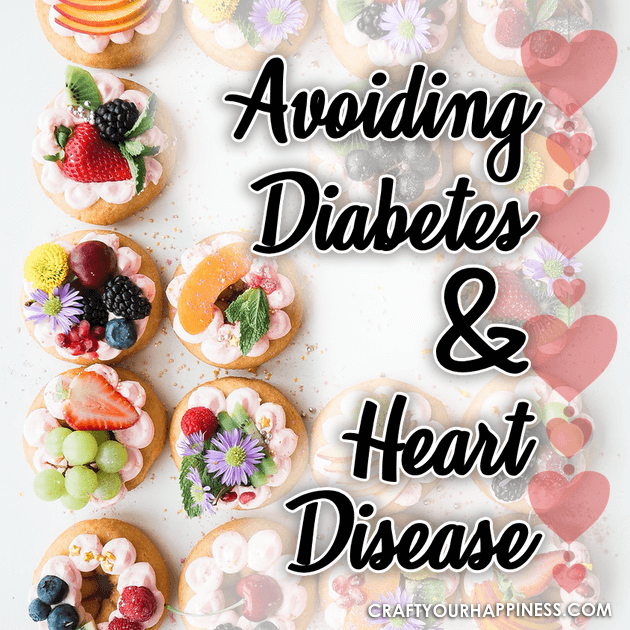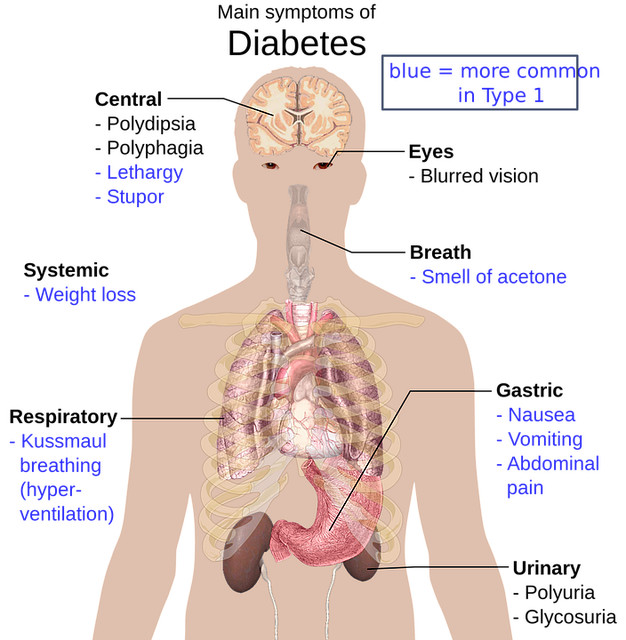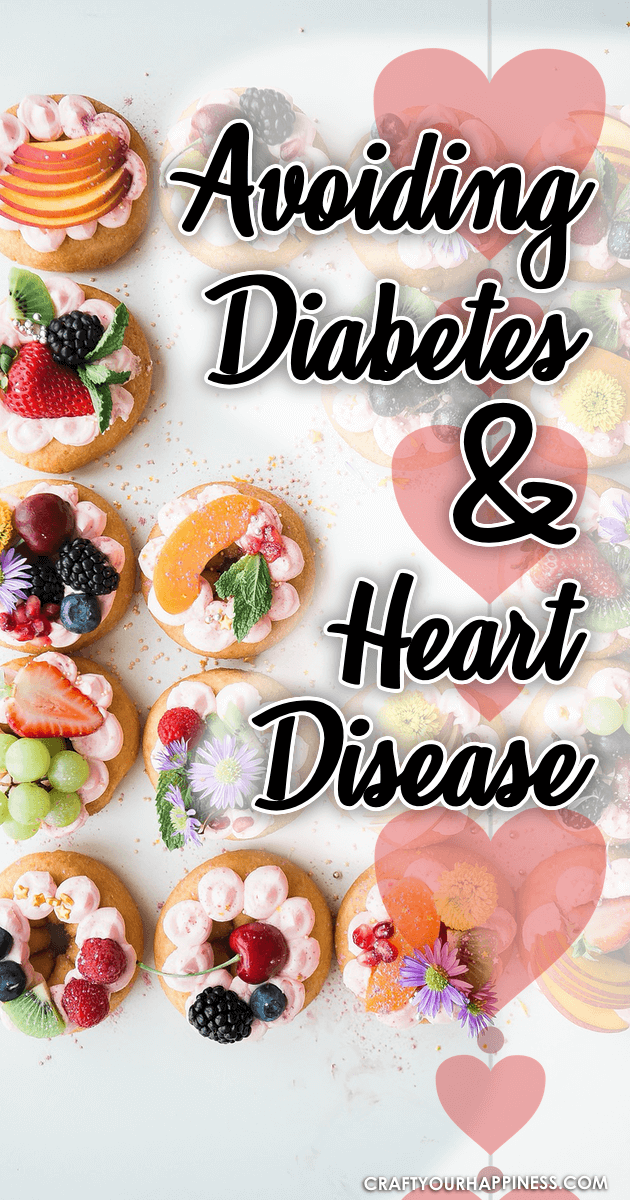
![]() Diabetes is on the rise nationally. The chances are constantly growing that we may develop it at some point in our lives. So what happens once you have been diagnosed? Your doctor will certainly give you all the medication that you need, plus they should have a lot of literature for you to read. It’s not just diabetes that is a struggle, heart disease is a huge killer worldwide and this is based on your diet and how you take care of yourself. Adding in supplements, eating well and getting exercise is going to help you on your journey. A wonderful way to start taking your health seriously is to look at retreats. The Revela plant medicine retreats are wonderful and herbal natural medicines can provide a whole range of benefits. Diabetes however, is often caused by your lifestyle and occurs in later age.
Diabetes is on the rise nationally. The chances are constantly growing that we may develop it at some point in our lives. So what happens once you have been diagnosed? Your doctor will certainly give you all the medication that you need, plus they should have a lot of literature for you to read. It’s not just diabetes that is a struggle, heart disease is a huge killer worldwide and this is based on your diet and how you take care of yourself. Adding in supplements, eating well and getting exercise is going to help you on your journey. A wonderful way to start taking your health seriously is to look at retreats. The Revela plant medicine retreats are wonderful and herbal natural medicines can provide a whole range of benefits. Diabetes however, is often caused by your lifestyle and occurs in later age.
 Type One and Two are very different indeed but can both cause issues, let’s take a look:
Type One and Two are very different indeed but can both cause issues, let’s take a look:
 Type 1 Diabetes
Type 1 Diabetes
With type 1 diabetes, the body does not produce any insulin. This is a chemical that is needed to break down the amount of sugar in the blood. If you have been diagnosed with type 1 diabetes, then you will likely have to inject yourself with insulin on a regular basis. Your diabetes care team will help you learn how to give yourself these injections. Most of the time, the injections are given via an injection pen, which is much easier than using a needle and syringe. You will probably have to have three to four injections each day. Many people think that it is impossible to get a life insurance cover if you have an underlying condition. But, thankfully, this is no longer the case. You can even get life insurance if you are a diabetic.
 Type 2 Diabetes
Type 2 Diabetes
With type 2 diabetes, the body produces insulin. However, it is not enough for the body to regulate blood sugar levels effectively. Unlike type 1 diabetes, those who suffer from type 2 won’t be required to inject insulin daily. They will just have to regulate their diet. Those who have type 2 diabetes should stay away from sugary foods, as this will cause blood sugar levels to spike. A healthy and balanced diet is advised. However, if sufferers ever suffer from very low blood sugar levels, they can perk themselves up with a small chocolate bar.
Patients will be required to test their own blood sugar levels every day. This is very important as it gives you the chance to notice patterns in the levels. You can see how your blood sugar is affected by what you eat and how much exercise you get. You can then change your lifestyle accordingly. Just after your diagnosis, you should check your levels fairly often. Once you have a good idea of what affects things, you can just test once a day or however often your doctor recommends. You can pick up a blood test kit for diabetics in most good drug stores. Coming to terms with your diagnosis will be an uphill struggle. And you could find the lifestyle changes very challenging at first. Over time, though, you will learn to live with the condition. Remember that a healthy diet and plenty of exercise are the best medication

 Heart disease
Heart disease
![]() Heart disease may cover a wide range of conditions but often it is connected to high cholesterol. Getting your cholesterol down as well as your blood pressure are going to greatly help you. These are the main points to look at when you are looking at combating heart disease:
Heart disease may cover a wide range of conditions but often it is connected to high cholesterol. Getting your cholesterol down as well as your blood pressure are going to greatly help you. These are the main points to look at when you are looking at combating heart disease:
-
- Control your blood pressure.
- Keep your cholesterol and triglyceride levels under control.
- Stay at a healthy weight.
- Eat a healthy diet.
- Get regular exercise.
- Limit alcohol.
- Don’t smoke.
- Manage stress.

All of these contribute to your disease and of course stress being a huge killer will only worsen symptoms. You must be sure that you keep a regular check on your diet as fatty foods are going to also contribute to your poor health. One way to see if your weight is healthy is to calculate your body mass index (BMI). This calculates your weight and your height and determines whether you have a healthy or unhealthy percentage of body fat. A BMI of 25 or higher is typically referred to as overweight. It is generally associated with higher cholesterol, higher blood pressure, and an increased risk of heart disease and stroke. So you need to be very sure that your BMI is healthy. If it is not you should consider a diet or talk to your doctor. An easy tool to help you with measuring yourself is waist circumference. This can tell you how much abdominal fat you have. Your risk of heart disease is higher if your waist measurement is greater than:
-
- 40 inches (101.6 centimeters, or cm) for men
- 35 inches (88.9 cm) for women
Be aware of this when you are measuring yourself. You can also get yourself a blood pressure monitor which is perfect if you already have issues. Blood pressure numbers of less than 120/80 mm Hg are considered within a normal range. If your results fall above this, then you may want to make some changes, especially if your blood pressure is consistently high. It generally fluctuates anyway due to activity, stress and a number of other factors but when you are resting it should be much calmer.![]()

It’s vital to look after your health at any age but especially when you are younger to look out for the future. Problems can start at any age and do not discriminate so ensure that you are exercising and eating well. Don’t over do the sugary foods and fatty breakfasts. Opt for salads and juices and drink plenty of water as this will help flush out your system of toxins and keep it hydrated. It’s vital. Be healthy today for tomorrow and encourage those around you to do the same too. It’s important for us all.




